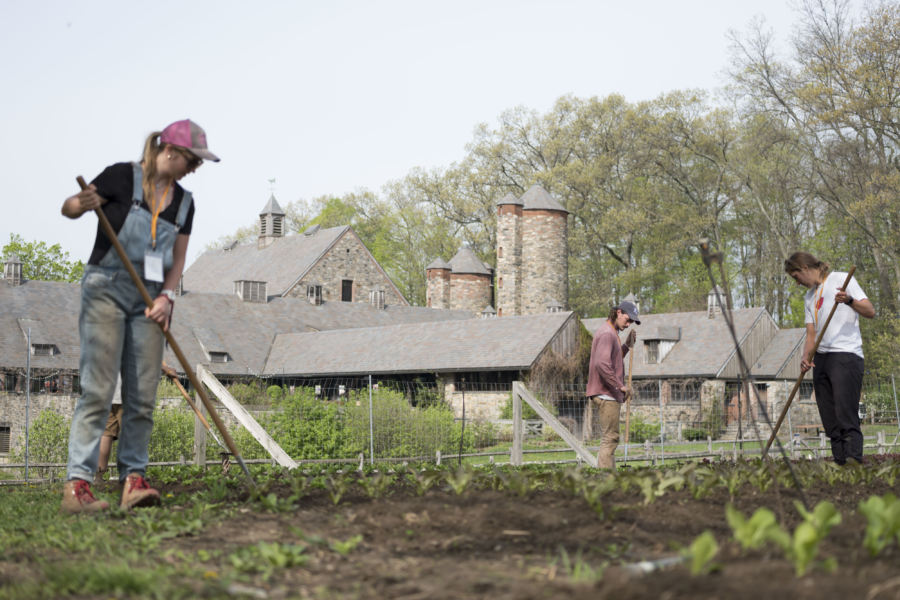The food we consume has a tremendous impact on our lives. But the way we produce and consume it most significantly impacts the world around us. Agriculture is one of the main offenders when it comes to global warming, contributing approximately 25% of all anthropogenic greenhouse gas emissions. About 15% of the global land surface has been degraded by soil erosion, physical and chemical degradation, and greater areas are put at risk every year. The people at the very heart of the food system – the farmers – earn less in every dollar that we spend on food, due to the lobbying of big corporations.
At the same time, about a third of all food is wasted.
Studies have determined that the energy needed to cultivate, process, pack and bring food to the table accounts for around 26% of the European Union’s energy consumption in 2013, with similar numbers in the US and around the world. This has called for a need for a more sustainable, earth-friendly way to manufacture food: an organic, eco-conscious food system that takes care of the environment and the people alike.
Initiatives are already reaping significant success. Between 2012 and 2017, the Food and Agriculture Organization of the United Nations engaged farmers, governments, retailers, consumers and people at every stage of the food system to raise awareness of the issue and create a dialogue on sustainable production and consumption.

Organizations such as the Stone Barns Center are working tirelessly to address the main problems of unsustainable farming practices, food manufacture, and food consumption. Driven by the motto to create a healthy and sustainable food system that benefits all, they provide educational resources, training, workshops and launch various initiatives to invest in resilient, regenerative farming.
One of the greatest issues behind the unsustainable food system is the prioritization of profits over people. The current food system doesn’t pay farmers living wages, all while putting their lives and health at risk with practices that degrade and pollute the environment. Stone Barns Center aims to address all these problems by advocating for viable and just incomes for farmers and everyone involved in the food system while maintaining food prices affordable to ensure everyone has access to nutritious, quality food.
The organization is already making a difference via various initiatives. The Growing Farmers Initiative targets the human aspect of the food system, supporting farmers with training, workshop and the necessary resources to help beginning farmers succeed. At the same time, the Food Ed initiative aims to educate the public about the issues of the food system, how these affect our planet, our health, our lives and everything in between, and the ways we can tackle the problems, moving to a more sustainable way of consuming and producing food. The industry is slowly but certainly moving towards a more sustainable, planet-friendly food manufacturing but is there a solution in sight? A growing body of evidence suggests the answer lies in agroecology: a paradigm that takes a systems approach to the food system, taking into account all of its aspects – including production, distribution, and consumption. Specialists believe that agroecology has the potential to double food production while alleviating rural poverty and diminishing the effects of climate change. Are we there yet? Not entirely but thanks to the efforts of organizations like Stone Barns Center, and their family-oriented education system, we are slowly working towards a more balanced food system that benefits everyone.


